Body Confidence and Body Positivity in Japan
Being Comfortable In Your Own Skin
Japan, like most other countries, has a set of beauty standards that are hard—near unhealthy—to reach, but body positivity and more acceptance is starting to increase.
“If you want to be worth anything in Japan, you better lose weight. Right now, you’re a joke, and no one will take anything you do seriously. Forget getting married, too—no man wants to pay for your food bill.” (Japanese man, 27)
Being told something like that when your image of conversation in Japan is “polite and considerate” can crush your self-esteem.
Plus Size Visibility in Japan
Japan has come a long way in terms of body positivity or being more accepting of women that are larger than the average size. Celebrities like Naomi Watanabe, the “chubby idol” group Pottya, comedian Barbie, Haruna Kondo from comedy duo Harisenbon, and the comedy group Morisanchu are all prime examples of pudgy girls being seen on TV and in mainstream media. This is both good and bad, unfortunately.
If you want to be worth anything in Japan, you better lose weight. Right now, you’re a joke, and no one will take anything you do seriously. Forget getting marrie, too—no man wants to pay for your food bill.
Having a diverse range of women taking on public personas has made the issue of size and beauty more recognizable in Japanese society. On the other hand, the majority of these women are comedians and are called “fat” or “manly” or other such terms because they aren’t fitting the traditional model of what a Japanese woman should look like. Naomi Watanabe has been particularly vocal about this and is one of the leading body positivity models for plus-size women in Japan.
The Reality for Japanese Women
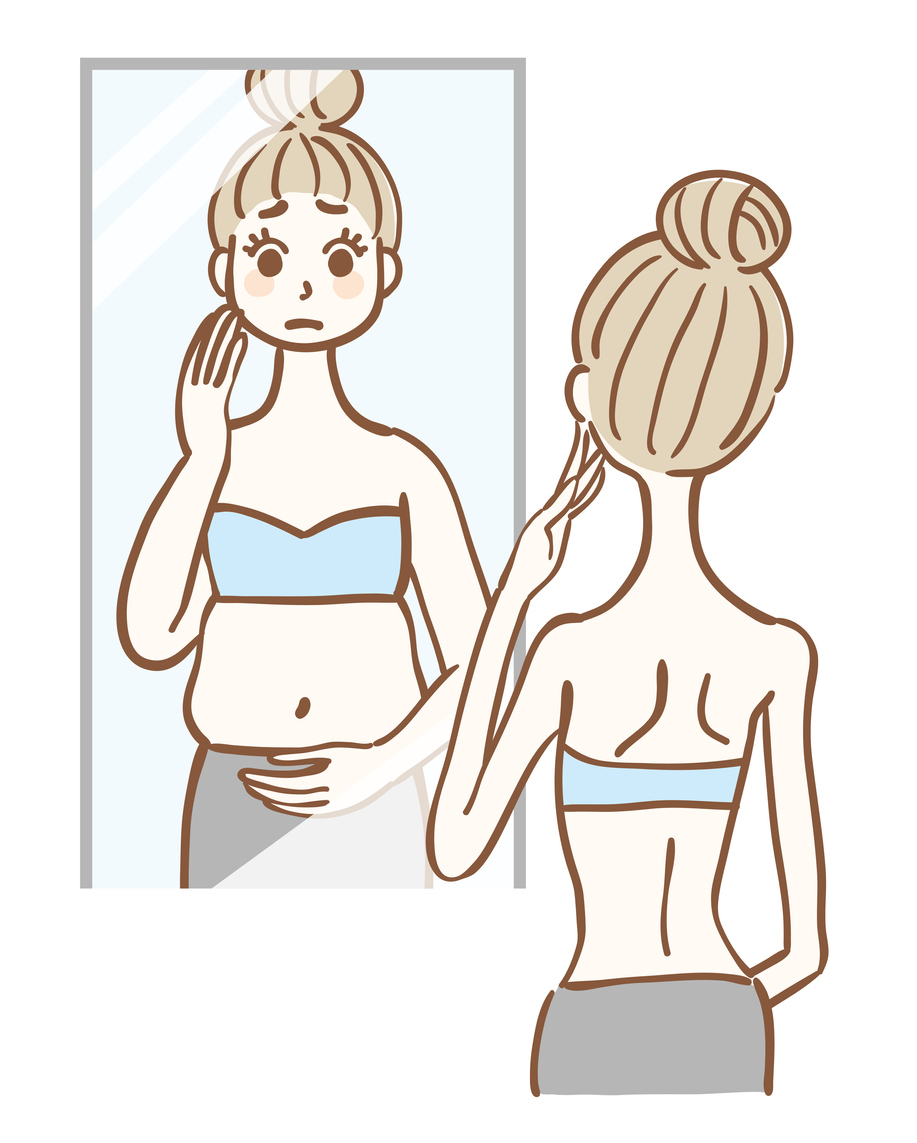
Being thin or even underweight is considered more desirable by Japanese women across the nation—in fact, the Japan Association for Eating Disorders and Japan’s Health Ministry have both found that women in their 30s-50s are going to extreme measures to be as thin as pop icons in their teens and early twenties. According to a nutritionist I spoke with, “while the life expectancy rate for women is almost 90 years old, most of those women are woefully underweight, suffering from osteoporosis and other nutritional deficiencies, and take more medication than their mothers’ generation did.” Generally speaking, anemia, calcium deficiencies, and poor diets overall are making Japanese women suffer for the sake of perceived beauty.
Generally speaking, anemia, calcium deficiencies, and poor diets overall are making Japanese women suffer for the sake of perceived beauty.
A very quick text message to ten Japanese female friends of mine confirmed this: if they had to choose between being two kilograms over or underweight, they all would rather be underweight. “I can put a little weight on and my clothes would still fit nicely, so being underweight would be nice.” (Yuki, 31) “Ugh, who would choose being fatter? No one.” (Miya, 29)
Eating disorders are rampant —according to the same nutritionist as above, there are “hundreds of thousands of women and men that are self-harming with food” and that “by the time they get help it can be too late—the physical effects of the disease are well-documented but ignored.”
Japan is known for being one of the least obese countries in the world: 3.6 percent of Japanese people have a body mass index (BMI) over 30, while only 24.7 percent have a BMI of over 25, and there is also the famous 2008 “Metabo Law” or essentially a “fat tax” that was designed to counteract the growing rates of diabetes and heart conditions by forcing companies to pay financial penalties for workers that have a waist size over 85 centimeters for men and 90 centimeters for women. These workers, in turn, are required to undergo counseling and are actively encouraged to diet and “become better citizens”.
It is not uncommon for women to pay near ¥4,000 to go to a dessert buffet only to Instagram photos of the extravagant sweets but not take a single bite.
This obsession with thinness and lowering obesity/lifestyle-related illnesses seems counterintuitive if you’ve ever watched Japanese TV, picked up a magazine, or gotten a souvenir from a coworker. Food is everywhere! Rankings of the best restaurants, limited-edition sweets, food trends taking over Instagram—food, especially rich, indulgent dishes are promoted via every media possible on an hourly basis.
It is not uncommon for women to pay near ¥4,000 to go to a dessert buffet only to Instagram photos of the extravagant sweets but not take a single bite. Date courses are even planned around snacking and dining—the idea of food meaning fun is very pervasive in Japan. You are meant to be thin but to be able to eat “just enough” of a given trending food item to fit in with society. “My boyfriend wanted to have yakiniku for dinner on our date, so I skipped breakfast and lunch that day because I wanted to enjoy our meal.” (Aya, 34)
How Does This Affect Foreign Women In Japan?
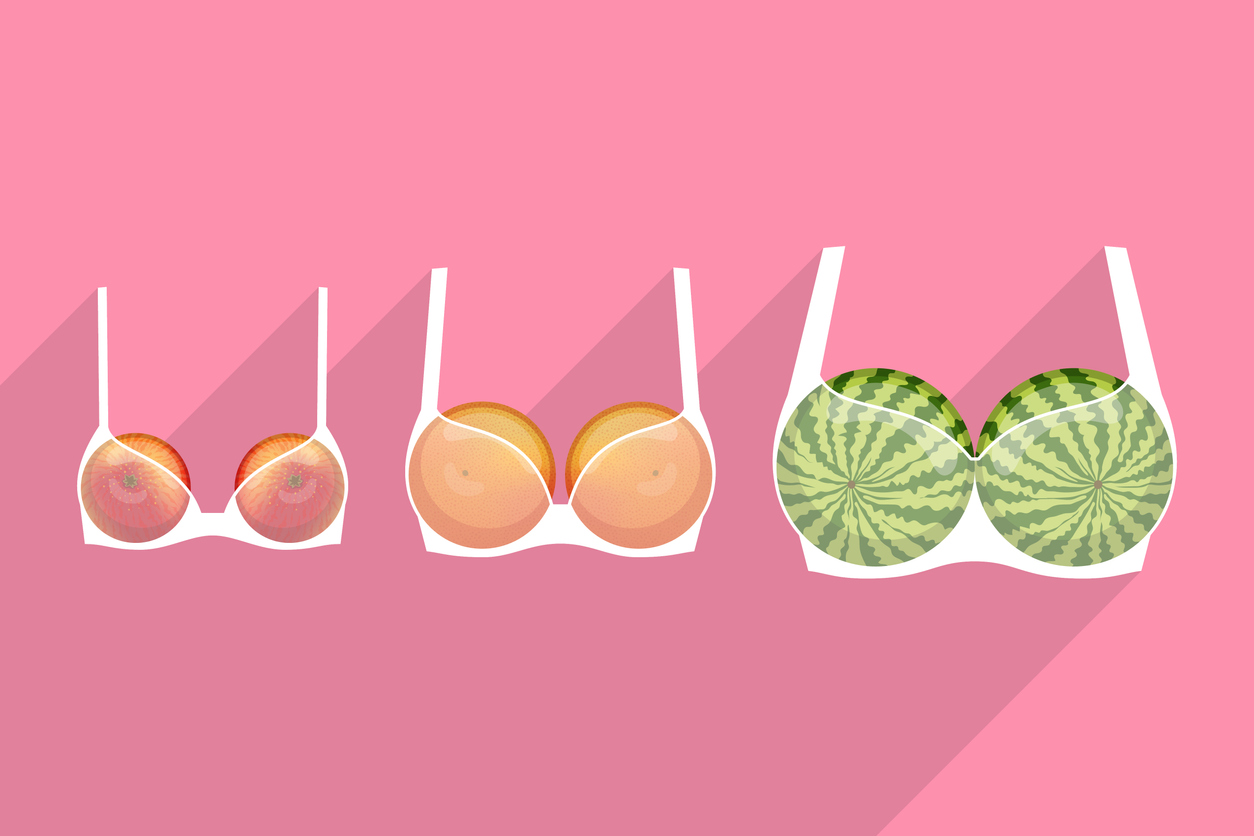
I’ve lived in Japan for over ten years and am considered plus-size and at risk of dying from diabetes and a heart attack at any minute—according to my (former) Japanese doctor. According to the Canadian doctor I visited on a trip home, however, I’m perfectly average and in good health by their standards.
… as long as you are healthy and happy with who you are, you don’t need to change your physical appearance to fit Japan’s beauty standards.
Being foreign in Japan means that by most standards, what is average or normal overseas is plus-size here, (like when shopping for a bra), which can be devastating to realize. If you have ever struggled with weight or eating disorders, there are plenty of counseling services available in English, like TELL, being one of the most well-known.
If you’ve never been confronted with this before, it can be hard to know how to react. You can be defensive, laugh it off, take it to heart… I can’t tell you which reaction is the right one, but what I can say is this: as long as you are healthy and happy with who you are, you don’t need to change your physical appearance to fit Japan’s beauty standards. It’s not impossible to dress in the way you want.
The Situation Today For All Women In Japan
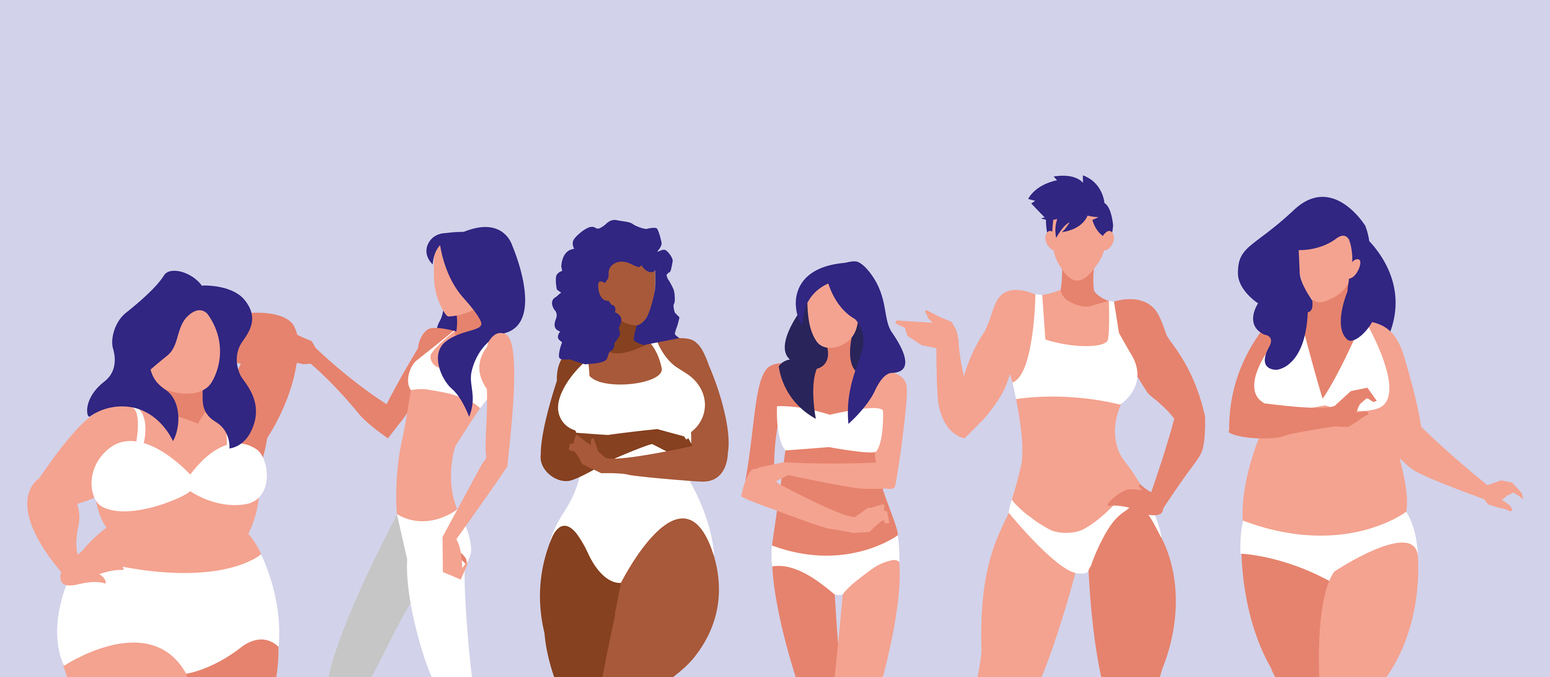
There are by far more clothing options available in today’s Japan compared to the frumpy tunic tops and baggy body hiding suits of ten years ago. The influx of international brands like H&M and Forever 21, and the spread of Japanese brands like Uniqlo and GU overseas has brought more fashion options in a wider range of sizes. There is even a magazine dedicated to plus-size fashion.
La Farfa debuted in 2014 and bills itself as a fashion and lifestyle magazine for “marshmallow girls”. La Farfa comes out six times a year and they “don’t promote losing weight or gaining weight, because there are women that look gorgeous regardless of what they weigh” says Kon, Editor in Chief. You can find it online or in bookstores, and within it glossy, body-positive pages filled with fashions that will show you that no matter what your body shape is, you are able to dress the way you like and be beautiful.
There are still conflicting views on body size in Japan, and being a plus-size girl isn’t easy, but hopefully, in the future, both Japanese women and international women in Japan will be happier with who they are and focus on being healthy and enjoying their lives.
Do you think Japan is moving towards more body positivity? Share your thoughts in the comments below!












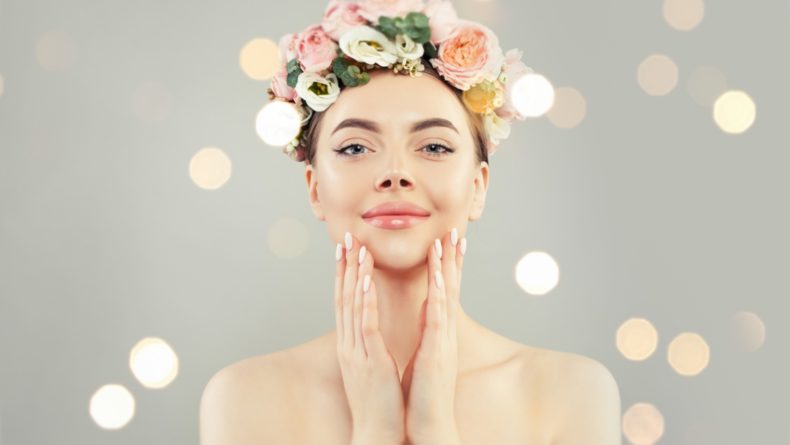

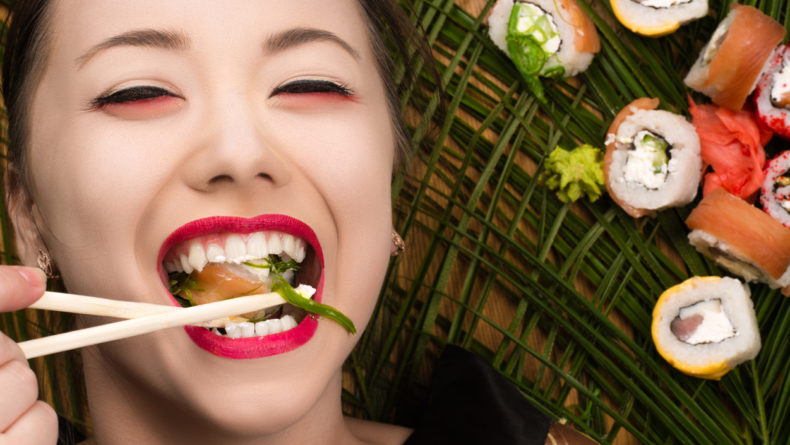
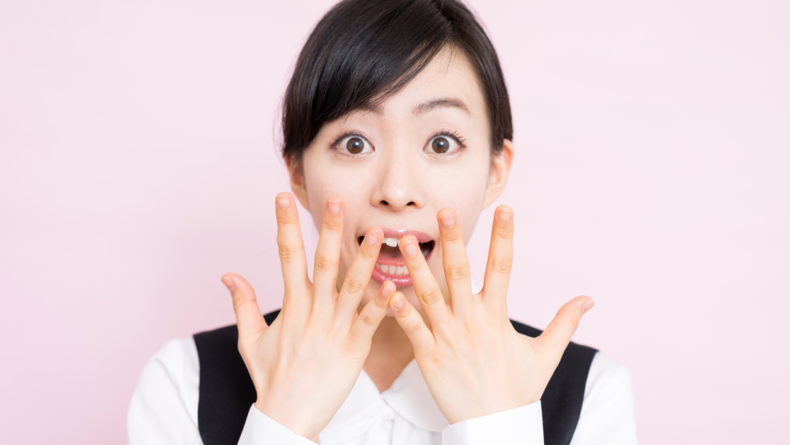
Leave a Reply